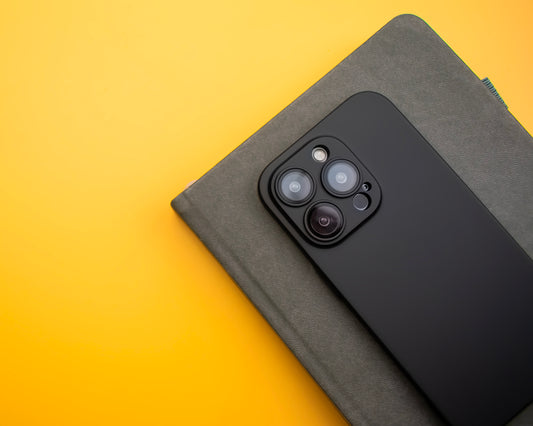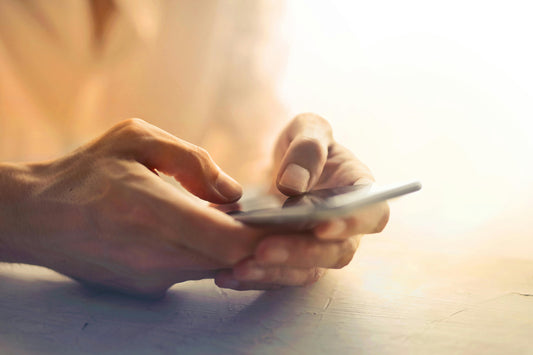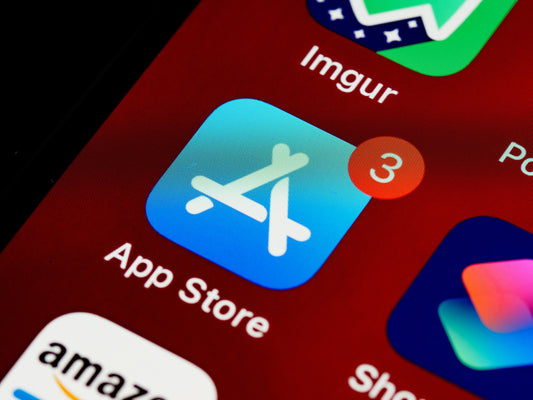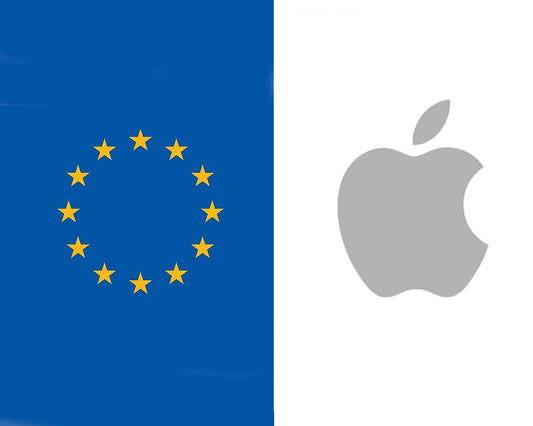How to keep your iPhone safe from hackers and thieves
Share
Here at SKNS.co we specialise in keeping your iPhone safe from scratches and drops with our top-of-the-range cases but unfortunately, there is a whole host of dangers that come with owning a small piece of technology worth over £1000, and the monetary value isn't the only thing that attracts thieves to your devices it's the valuable personal data that stored on the device that often contains the real value for most thieves and hackers.
Hackers are now using a new technique to steal iPhone users' sensitive information by memorizing their passcodes as they enter them in public places, then using the codes to log in and change their Apple ID passwords. This leaves users vulnerable to losing access to vital information and financial fraud. In this article, we'll provide tips on how to protect your iPhone and personal data from hackers.
Protect Your Passcode
The number one way to protect your iPhone is to keep it secure when entering your passcode, ensuring the screen is fully covered when entering your code to ensure no one can see it. It's also important to use Touch ID or Face ID instead of a passcode whenever possible. If you must use a passcode, make sure it's complicated and hard to guess. Treat it like a bank card PIN and avoid using easy-to-guess numbers like 1234.

Do not leave your phone unattended or in a loose pocket in public
When you're out in public, keep your phone close to you at all times. Avoid placing it in loose pockets or leaving it unattended on tables, chairs, or counters. If you must leave your phone in your car, make sure it's out of sight and locked in the trunk or glove compartment.
Be Aware of Your Surroundings
Be aware of your surroundings in public places and avoid using your phone in risky areas. Don't walk and text or use your phone in deserted areas. Stay alert and keep an eye out for suspicious behaviour or people. If you feel unsafe, move to a more populated area or ask for help from a security guard or police officer.
Make use of ‘Find My iPhone’
Apple's Find My app is an essential tool for any Apple user. It allows you to locate any Apple device that you own, whether it's your iPhone, iPad, Mac, AirPods, or Apple Watch. The app uses a ping system that can tell you if you're getting closer or further away from your lost device, making it easy to track it down. What sets Find My apart from other tracking apps is its ability to locate your iPhone even after it's been shut down. This feature can be a real lifesaver if your phone has been stolen or misplaced. With the Find My app, you can rest assured that your valuable Apple devices are always within your reach.
Don't Store Passwords on Your Devices
Storing passwords on your iPhone can leave you vulnerable to hacks. It's best to avoid storing passwords to sensitive websites and apps on your phone, desktop, or tablet. Instead, consider using a password manager - a secure software application that generates and stores strong passwords. According to a recent Consumer Reports survey, about 39% of consumers use a password manager for their online accounts. Using multi-factor authentication is also recommended for added security.
Set Up Two-Factor Authentication
Two-factor authentication is a security process that requires users to enter a backup security code before entering their password to access a site. It's an effective way to protect your accounts from hacks. For Apple ID, use a separate trusted device (like an iPad, a Mac, or an Apple Watch) as the second factor. Avoid using SMS text messages for two-factor authentication, as hackers can gain access to your phone through SIM swapping.
Use an Authenticator App
Avoid using SMS/text as the second factor for sites and apps requiring two-factor authentication. Instead, use an authenticator app like Google Authenticator, Microsoft Authenticator, Duo, or Okta Verify. Turn on biometric protection, requiring Face ID or Touch ID, in the authenticator app to prevent hackers from stealing your authentication codes and logging into your financial accounts.
In conclusion, protecting your iPhone and personal data is crucial in today's digital age. Secure your passcode, avoid storing passwords on your devices, set up two-factor authentication, and use an authenticator app for added security. By taking these steps, you can keep your iPhone and sensitive information safe from hackers and thieves.





